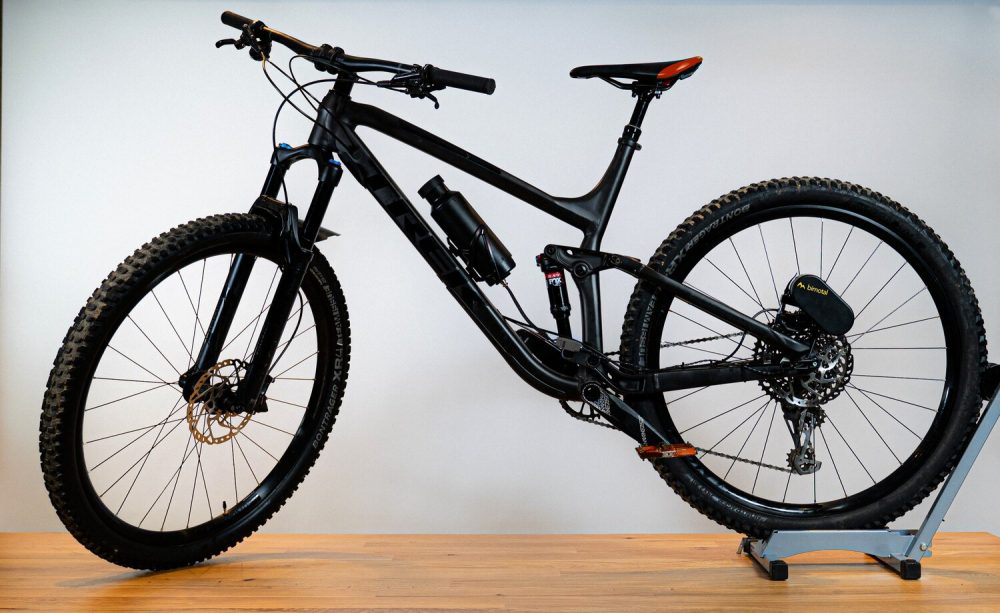I am liking the look of this thing but I don't think I am going to throw down 2 grand.

 bimotal.com
bimotal.com

Electrify Your Bike
Bimotal produces world-class electric powertrains to power bicycles, bikes, ebikes and other forms of multimodal transportation.
 bimotal.com
bimotal.com


